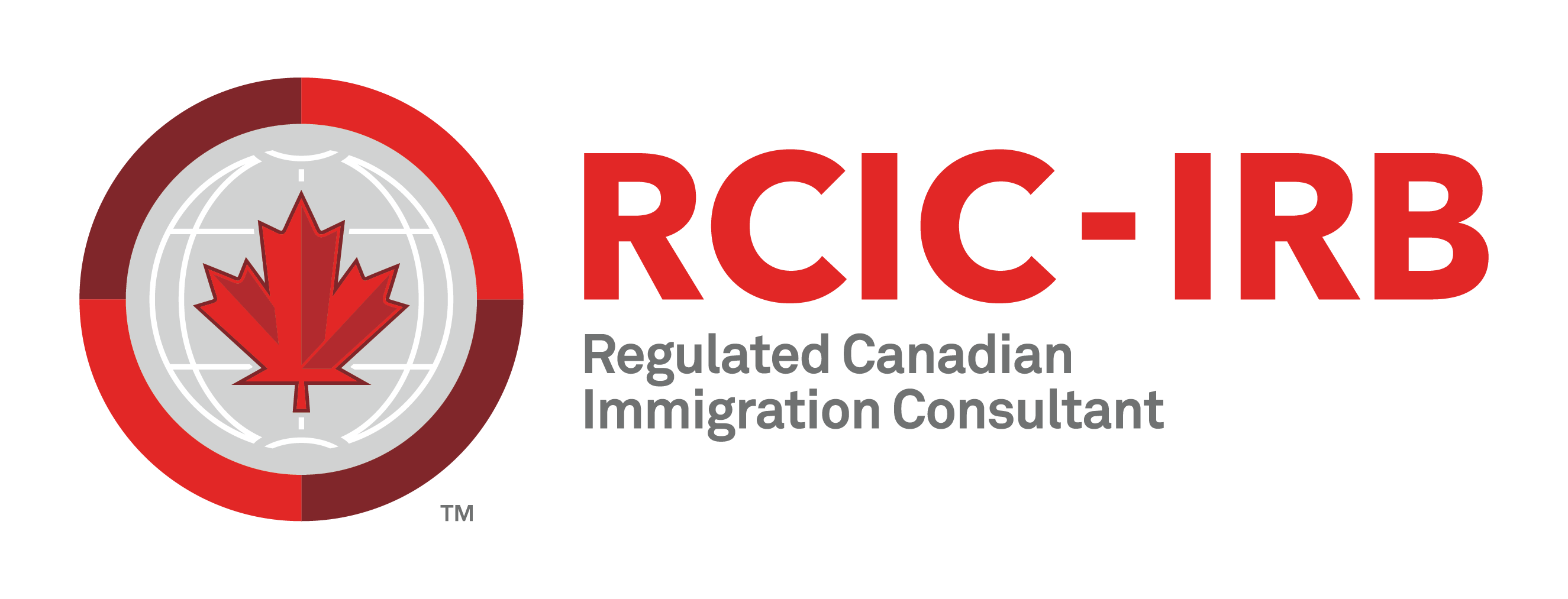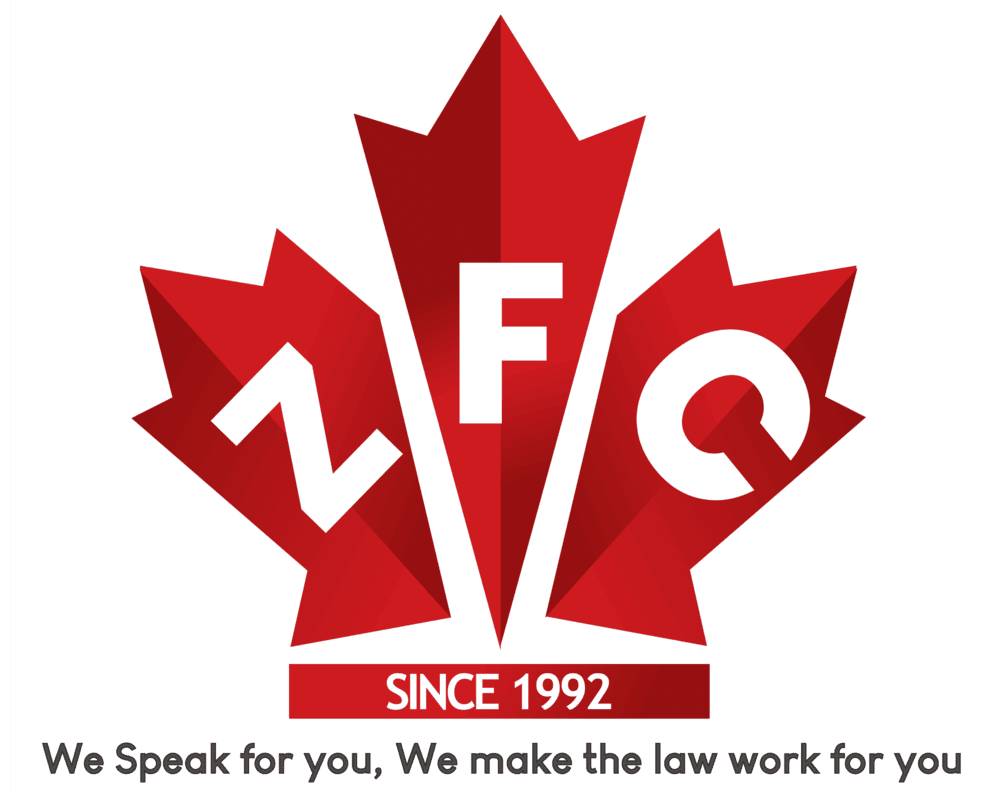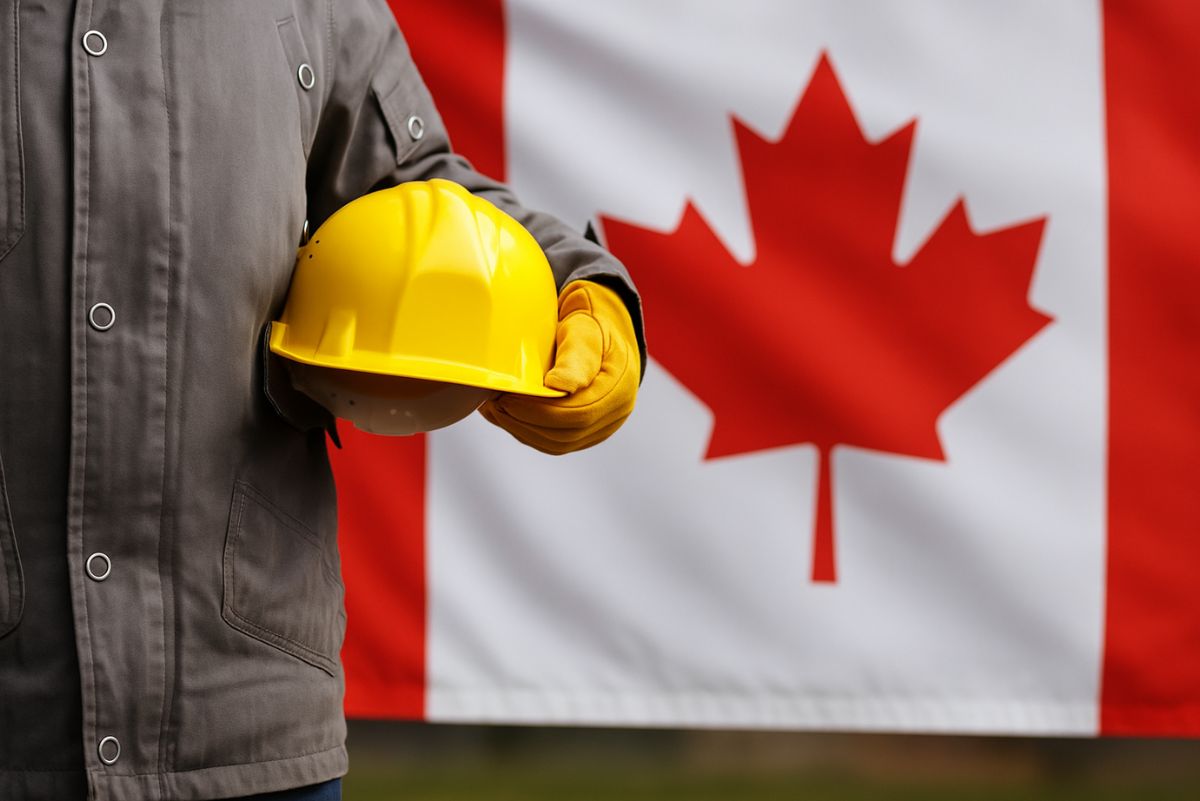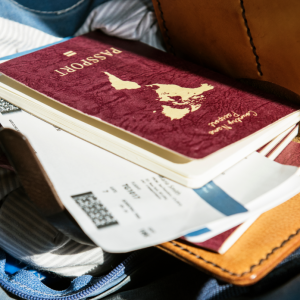Last Updated On 16 June 2025, 5:20 PM EDT (Toronto Time)
New Brunswick is making bold moves to address its pressing labour shortages by securing a significant increase in its immigration allocation from the federal government.
The province revealed it will now welcome 4,250 permanent resident nominations, a substantial jump of 1,500 from the earlier allocation set by the Canadian government in February.
To put it in perspective, this is 250 higher than the British Columbia provincial immigration quota set for 2025.
Here’s everything you need to know about NB’s immigration plan, its impact on key industries, and how it positions the province as a hub for newcomers in Canada.
Table of Contents
NB’s immigration strategy is laser-focused on addressing labour shortages in priority sectors.
The province has identified healthcare, education, and construction as critical areas in need of skilled workers.
By prioritizing nominations for these industries, NB aims to ensure that newcomers are matched with high-demand roles, creating a win-win scenario for both employers and immigrants.
Healthcare: Meeting Growing Demands
The healthcare sector in NB is under significant strain due to an aging population and increasing demand for services.
Nurses, doctors, and other healthcare professionals are in short supply, and the province is actively seeking newcomers with the skills to fill these roles.
The increased immigration allocation will allow NB to attract international healthcare workers, ensuring that residents have access to quality care.
Education: Building a Stronger Future
The education sector is another key focus, with schools and institutions facing challenges in hiring qualified teachers and support staff.
By welcoming educators from around the world, NB aims to strengthen its education system and provide students with the resources they need to succeed.
Construction: Driving Infrastructure Growth
Construction is a cornerstone of NB’s economy, with ongoing projects requiring skilled tradespeople such as carpenters, electricians, and plumbers.
The influx of new permanent residents will help address these shortages, supporting infrastructure development and economic growth.
As part of the negotiations with the federal government, NB has agreed to accept 400 asylum claimants over the next two years.
This commitment reflects the province’s dedication to humanitarian efforts while also addressing labour market needs.
The federal government will support this initiative with $14.1 million in funding through the Interim Housing Assistance Program, which will provide temporary housing and support services to help asylum claimants settle and integrate into New Brunswick’s workforce.
Federal Immigration, Refugees, and Citizenship Minister Lena Metlege Diab highlighted the importance of this coordinated approach.
“With new federal funding through the Interim Housing Assistance Program, we’re taking a more coordinated and sustainable approach to provide temporary housing and help asylum claimants settle and start building their lives in communities across Canada,” she said.
This funding will ensure that asylum claimants have access to the resources they need to transition into the workforce and contribute to their new communities.
Representatives from NB will meet with interested asylum claimants in the coming weeks to facilitate their relocation and connect them with support services.
The decision to increase immigration allocations has been met with widespread support from industry leaders and organizations across NB.
The Agricultural Alliance of New Brunswick, the NB Multicultural Council, and major employers like Irving have all expressed enthusiasm for the plan, citing its potential to address chronic labour shortages.
Louis-Philippe Gauthier, Vice-President for Atlantic Canada at the Canadian Federation of Independent Business, underscored the urgency of the situation.
“With 51 percent of small business owners in NB reporting shortages in qualified labour as their most important issue across the first quarter of the year, every opportunity needs to be seized to match skilled workers to jobs,” he said.
For businesses like Irving, which have struggled to fill vacancies, the increased immigration allocation offers a much-needed solution.
By attracting skilled workers from around the world, NB is positioning itself as a competitive destination for talent, fostering economic resilience and growth.
NB is not just opening its doors to newcomers; it’s also ensuring they have the support they need to thrive.
The province is committed to working closely with employers to match skilled immigrants with job opportunities.
Additionally, support services will be provided to help newcomers settle into their new communities, from language training to housing assistance.
The government’s proactive approach includes engaging directly with asylum claimants who are interested in settling in NB.
By connecting them with local employers and support networks, the province aims to create a seamless transition for newcomers, helping them build successful lives in Canada.
You may also like: New Canadian Law Bans “Scabs” in Strikes: A Game-Changer for Workers
The increased immigration allocation is expected to have far-reaching effects on New Brunswick’s economy.
By addressing labour shortages, the province can boost productivity, attract investment, and drive economic growth.
Small businesses, which make up a significant portion of the province’s economy, will particularly benefit from the influx of skilled workers.
Moreover, the diversity brought by newcomers will enrich NB’s cultural fabric, fostering innovation and creativity.
As the province continues to grow as a destination for immigrants, it is likely to see long-term benefits in terms of population growth, economic stability, and global competitiveness.
In the coming weeks, representatives from NB will begin meeting with asylum claimants and other potential immigrants to discuss opportunities in the province.
These meetings will focus on matching newcomers with jobs in high-demand sectors and connecting them with the resources they need to succeed.
The province is also expected to continue its collaboration with employers and industry organizations to refine its immigration strategy.
By staying responsive to the needs of the labour market, NB can ensure that its immigration policies remain effective and sustainable.
NB’s decision to increase its immigration allocation to 4,250 permanent resident nominations marks a significant step forward in addressing labour shortages and driving economic growth.
By focusing on key sectors like healthcare, education, and construction and supporting newcomers with housing and settlement services, the province is creating a welcoming environment for skilled workers from around the world.
This bold move, backed by federal funding and industry support, positions NB as a leader in immigration-driven economic development.
As the province continues to attract talent and build stronger communities, it is paving the way for a brighter, more prosperous future.
You may also like: New Canada Child Benefit Payment to Be Sent on June 20
New GST Payment Increase In Canada Effective July 2025
New Canada CDB Payment Of Up To $200 Starting In July 2025
New TD Bank Fee Increase In Canada Effective July 2025











Leave A Comment
You must be <a href="https://zfcanada.com/wp-login.php?redirect_to=https%3A%2F%2Fzfcanada.com%2F2025%2F06%2F17%2Fcanada-increases-new-brunswicks-immigration-quota-by-almost-3-times%2F">logged in</a> to post a comment.